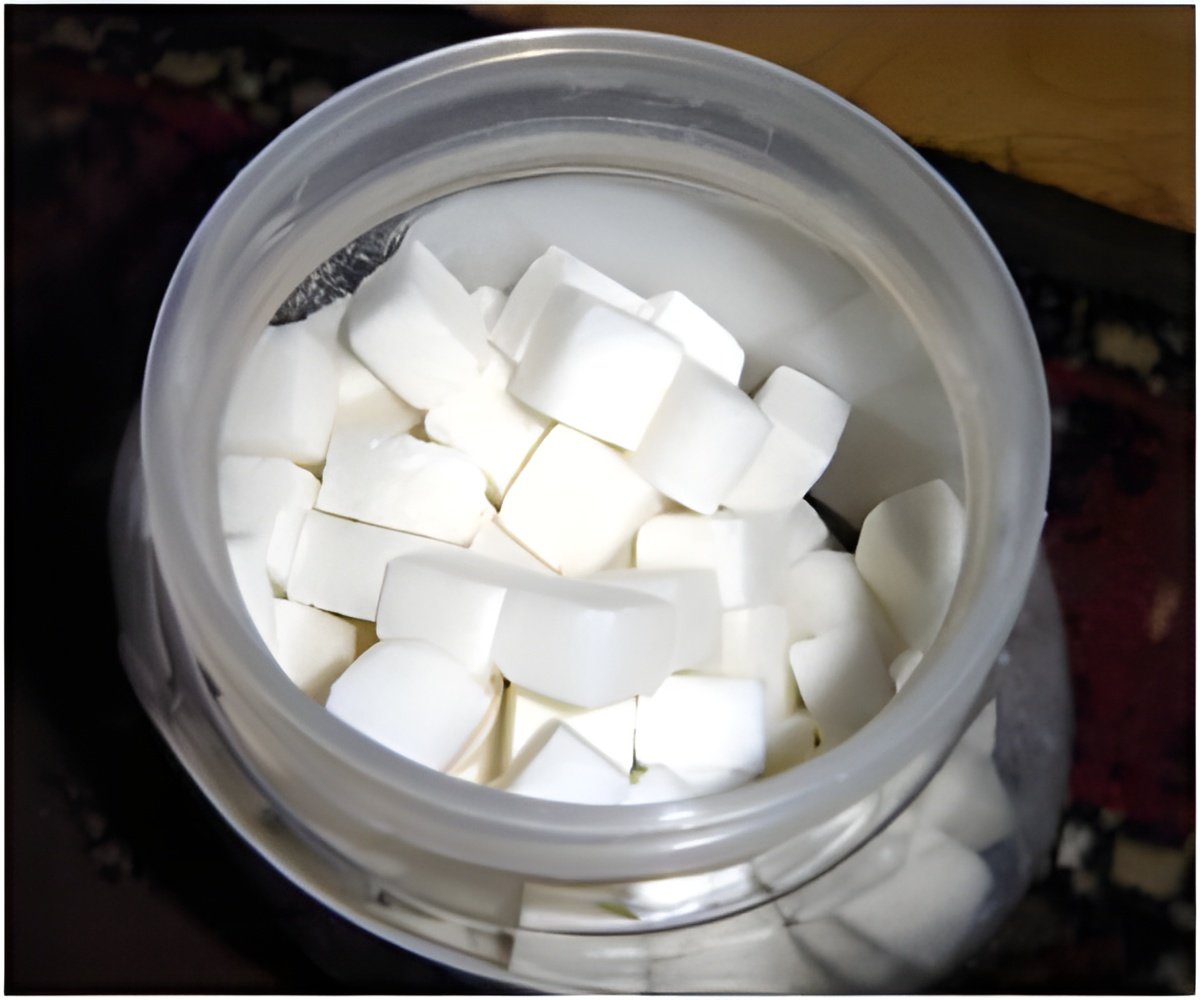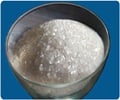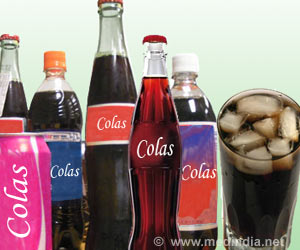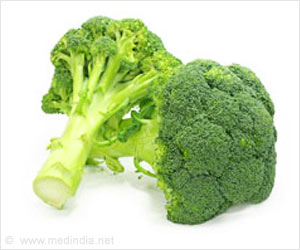Current dietary advice on added sugar is in desperate need of emergency surgery, says an Indian origin cardiologist.

This nutritional advice has formed the basis of UK food labelling since 2003 and subsequently influenced European legislation, but Dr Aseem Malhotra argues that it needs to be reconsidered.
Dr Malhotra believes that "not only has this advice been manipulated by the food industry for profit but it is actually a risk factor for obesity and diet related disease."
He calls on the UK's Scientific Advisory Committee on Nutrition and the Department of Health "to act swiftly" to tackle the rising obesity crisis and increasing prevalence of type 2 diabetes.
In 2009 the American Heart Association published a paper suggesting that excessive consumption of sugar had been linked to several metabolic abnormalities and adverse health conditions. It stressed an upper limit of 100 calories a day from added sugar for a woman (six teaspoons) and 150 calories a day for a man (nine teaspoons). The United States Department of Agriculture Food Guide stipulates a maximum of three teaspoons a day for a 4-8 year old child.
Since the AHA publication, several studies have implicated sugar consumption with increasing rates of obesity and type 2 diabetes, yet Dr Malhotra said that, like Big Tobacco, the food industry "continues to adopt strategies to deny sugar's role as a major causative factor in what now represents the greatest threat to our health worldwide: diet related disease."
Advertisement
Just as in the UK and Europe, US food labels contain information on total sugars per serving, but do not differentiate between sugars intrinsically present and added sugar, he explained.
Advertisement
Supporting this call to action is Terence Stephenson, chair of the Academy of Medical Royal Colleges, who said: "The Academy of Medical Royal Colleges 2013 report on obesity "Measuring Up" draws attention to the urgent need to combat sugary drinks in our schools and for all schools and hospitals to have food standards. Following heart surgery in 2004, Bill Clinton formed the Alliance for a Healthier Generation with the American Heart Association. US children were getting many of their daily calories just from the drinks they consumed at schools. Clinton claims there has been an 88 percent reduction in the total calories in drinks shipped to state schools since."
Other experts are also backing these views.
"The scientific evidence is increasingly clear. Refined sugars added to junk food and sugary drinks represent a major risk to our families' current and future health. Tobacco has now been successfully controlled by targeting the '3As': Affordability, Acceptability and Accessibility. Surely our kids deserve a similar level of protection from refined sugars," said Professor Simon Capewell, Professor of Clinical Epidemiology at the University of Liverpool.
Professor Tim Noakes, Director at the Research Unit for Exercise Science and Sports Medicine at the University of Cape Town added: "Sugary sports drinks are promoted as essential for athletic performance, but are used predominantly by those without real athletic aspirations. Users need to understand that exercise may not protect them from the negative consequences of an excessive sugar intake."
Source-ANI










